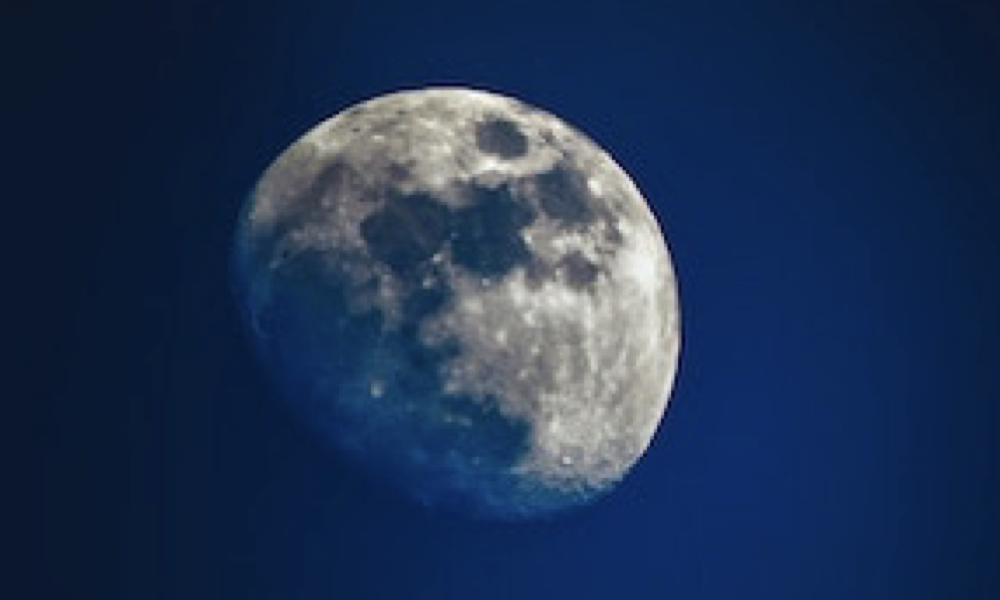
PROJECT TITLE: Computer Assisted and Information Feedback Training for Human Spaceflight Support – STARWALKER
Coordinator: Institute of Space Science; INFLPR-ISS
Period: November 2013 – October 2016
Project director: Valeanu Vlad
Project team:
- experts: 21 (5 different area engineers, 4 bio-motility experts, 2 medical doctors, 2 bio-physicists, 1 biologist, 1 neuro-scientist, 1 bio-engineer, 1 project manager, 1 psychologist, 1 sociologist, 1 project manager, 1 PR expert);
- higher qualification: 10 PhD, 3 PhD students;
- mean age: arr. 35-40 yr.
Description: The project targets the establishment of a scientific-technologic collaborative Competence Centre addressing to a particular technological niche in the larger field of countermeasures for Human Space Flight: astronauts’ assessment, training and recovery for and after long exposure to MICE (Micro-gravity, Isolated and Confined Environment) through information-feedback, assisted, neuro-muscular control and mental-control assessment and training.
Project objectives:
The development of the national scientific and technologic capacity to participate in human spaceflight related activities by targeting:
- Methods and devices for countermeasures to MICE physiological impairments (cardio-vascular decompensation, calcium lost, muscle volume and force lost) as well as mental-volitional impairments (cognitive, psychological, psycho-social, fast and adequate response);
- Methods and devices for increasing mental resistance to prolonged reclusion, through specific mental control training (mental flexibility, cognitive-comportment control);
- Elucidation of processes and deepening the understanding of information role in neuro-muscular control and mental control training (in benefit of countermeasures and societal spin-off).
The entrainment and mentoring of the industry to participate in ESA activities:
- Stimulating the industry to comply space-grade technology;
- Stimulating the industry by creating technological and services terrestrial spin-offs emerging from the countermeasures oriented activities (age-related diseases and impairments, resistance to physiologic and mental stress of professionals exposed to intentional risks related to extreme conditions, motility recovery and increased societal inclusion for disabled persons and trauma victims).
Promotion of all level interdisciplinary education and public awareness in the specific field through:
- Continuous professional education (for specific-oriented college students and specific-oriented professionals through Bachelor-of-Science degree and PhD degree support);
- General education and public awareness level through Outreach activities (for high school students, non-specific college students and general public).
Dissemination of results in scientific Publications, Conferences, Workshops and Seminaries (for professionally interested, scientific and technical community);
The establishment of cooperation with similar entities in Europe and in the World.
Activities:
WP1 – Competence Center Strategy Definition
WP2 – Capacity Building for participation to ESA Programes
WP3 – Scientific and Industrial Networking
WP4 – Education, Dissemination and Putreach
WP5 – Competence Centre Project Management
Contributions to the STAR programme objectives:
- Competence Niche identification an development to foster a credible and reliable contribution of the Romanian space research and industrial community to the cooperation with the European Space Agency:
- The astronauts’ assessment, training and recovery for long exposure to micro-gravity as well as to spatial and social confinement through information-feedback assisted, neuro-muscular control and mental-control training.
- Promoting a coherent vision, based on knowledge and dissemination, in the Romanian professional community, of the ESA Programmes Workplans, to identify optimized strategies of projects’ propositions and funding schemes.
- Identifying and fostering the Research/Industry cooperation and technologic transfer.
- Increasing the public awareness and acceptance for the space related activities and mentoring the formation of futures specialists in space research and technologies.
Homepage:
